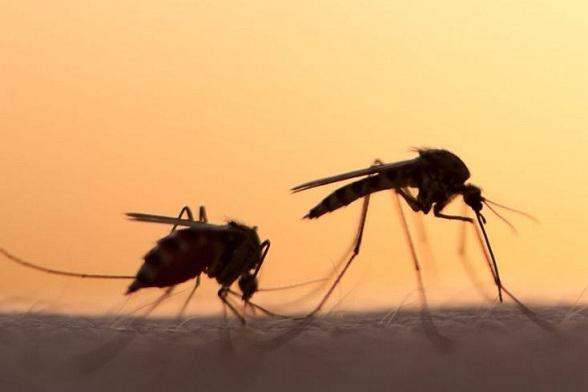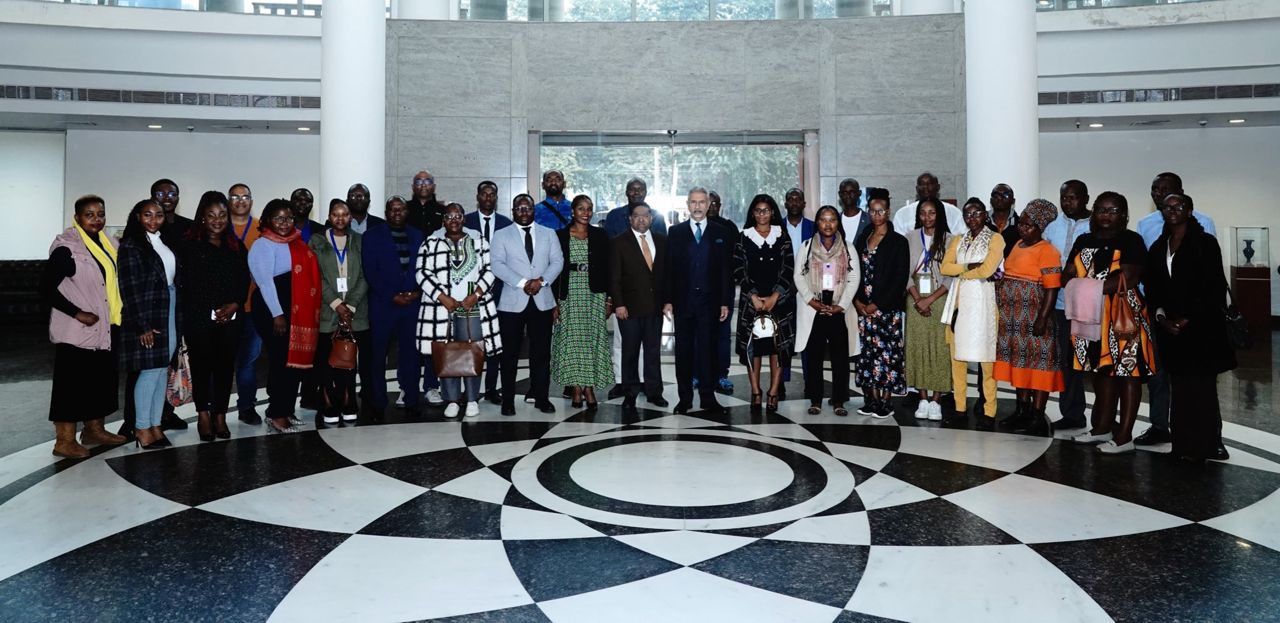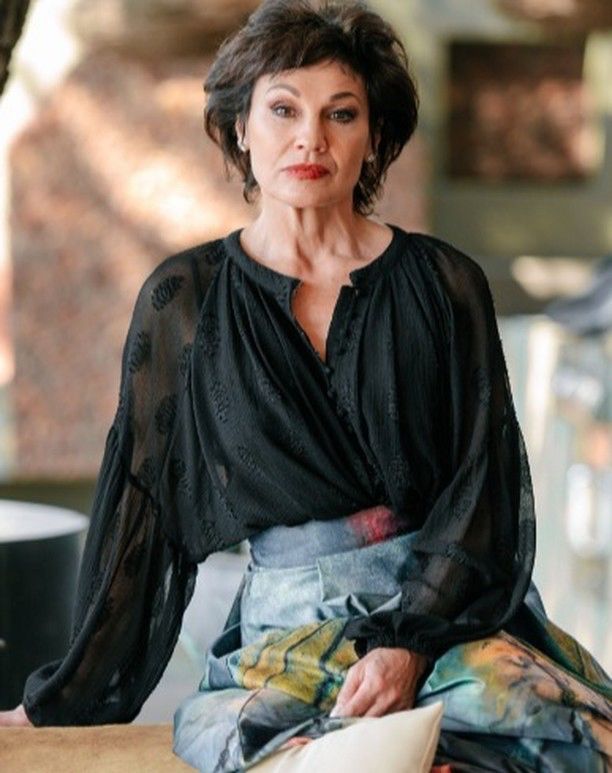NEW YORK – Government money pumped into the global economy to keep it from crashing late last year should not be withdrawn too fast, the head of the African Development Bank (AfDB) said on Monday.
‘I’m in favour of a cautious attitude to removing the stimulus packages now. The green shoots are still very short and I think people have to wait to see what happens to the global economy,’ AfDB President Donald Kaberuka told Reuters in an interview.Africa’s overall economy has boomed in the last decade as economic reforms combined with rising demand for its natural resources created ideal conditions for growth.The global financial crisis hit the continent hard, however, once demand for its commodities and energy started to dry up. Annual economic growth is expected to be in the 2,8 per cent range, less than half the rate forecast before the crisis began.Leaders from the Group of 20 developed and emerging nations meet in Pittsburgh this week to address global economic imbalances and examine strategies for withdrawing state-sponsored stimulus measures.G20 governments have pledged discretionary spending worth two per cent of gross domestic product in 2009 and 1,6 per cent in 2010 to help counter the global crisis, International Monetary Fund staff have estimated.’I think the world economy is still in a zone of uncertainty … If they were to listen to me, to Africa’s one billion people, I would say it is too soon,’ Kaberuka said.’I think the summit in Pittsburgh should look closely at an inclusive recovery,’ he said, adding that a rising stock market is not the only sign of recovery, as poor countries are left out if only that measure is used to gauge success.Kaberuka was reluctant to give a growth figure for 2010 or 2011 for the continent as a whole. He highlighted that North Africa (Morocco, Algeria, Tunisia, Libya and Egypt) will likely have growth rates in the five per cent area.’They have done quite well. Exports suffered a bit but both private consumption and investments continued to flow,’ he said.Eastern Africa, which is largely non-oil and non-minerals, Kaberuka said, is looking at growth of six per cent, driven by regional trade and consumption.The mining economies of Zambia and Botswana are where growth fell the sharpest, dragging the whole continent down.OPERATIONSKaberuka said the bank is still seeking a general capital increase (GCI) to roughly US$96 billion from the current US$32 billion. That figure represents what is known as callable capital, which the bank’s shareholders are responsible for rather than actual cash on hand.The prospects for that increase, and the state of the global economy, will determine whether the bank hits a lending forecast of US$11 billion versus US$5,8 billion last year.’If we have an early decision on GCI we can respond adequately. But given the GCI discussions can be prolonged … and we need to continue to respond to the crisis and remain within prudential limits we are going to be looking at around US$7 billion to US$7,5 billion (in lending), max,’ he said.The bank earlier this year lent Botswana, a major diamond producer with one of the more stable economies in Africa, US$1,5 billion in budgetary support.It is unclear how many countries have sought support from the bank for filling in budget gaps. Kaberuka said the AfDB was in talks with one nation on a deal to provide US$200 million a year for three years. He declined to name the country because negotiations are ongoing.One country that it has been in contact with on an informal basis is Egypt. ‘They put out feelers, but there was no formal request,’ Kaberuka said.Other countries that have stated publicly their contacts with the AfDB include Mauritius.Kaberuka said the bank also hopes for an early replenishment of its concessionary lending window, known as the African Development Fund, which it uses to finance projects in low-income countries. ‘The last replenishment was US$9 billion in 2007. I was hoping for a 50 per cent increase,’ Kaberuka said.AfDB’s shareholders include Africa’s 53 nations and 24 non-African donor countries.- Nampa-Reuters
Stay informed with The Namibian – your source for credible journalism. Get in-depth reporting and opinions for
only N$85 a month. Invest in journalism, invest in democracy –
Subscribe Now!







